
Film co-produced by Mexican actors Diego Luna and Gael García Bernal tells stories of journalists subjected to threats, attacks, forced displacement and exile, and who maintain their commitment to journalism and the public’s right to information.
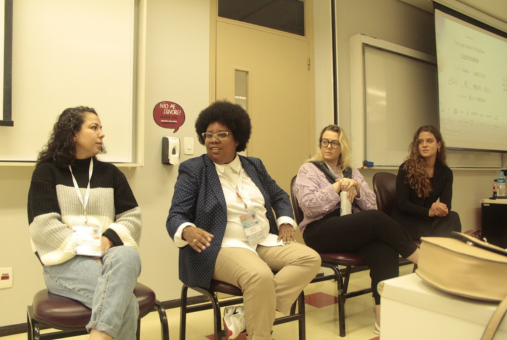
Women's leadership in digital native media has been highlighted by several studies on the sector in Latin America. Managers of journalistic organizations in Brazil have overcome leadership models created by men to find their own styles of team management. They also emphasize the importance of creating and maintaining spaces for exchange with other women leaders in journalism.

The International Fund for Public Interest Media (IFPIM) seeks to support media in their audience strategies at the service of the public. Until July 1, independent media from Argentina, Brazil, Bolivia, Colombia, Costa Rica, Ecuador and Paraguay can submit to IFPIM’s open call and obtain financing for 24 months.

In the book “O pulpito” (The pulpit), Folha de S.Paulo journalist Anna Virginia Balloussier discusses topics such as entrepreneurship, politics, tithing, abortion and sex among evangelicals, seeking, as she says in the introduction, to avoid “falling into the trap of reducing individuals to stereotypes.” In an interview, she describes how she seeks to understand a highly heterogeneous phenomenon and responds to criticism of her work.
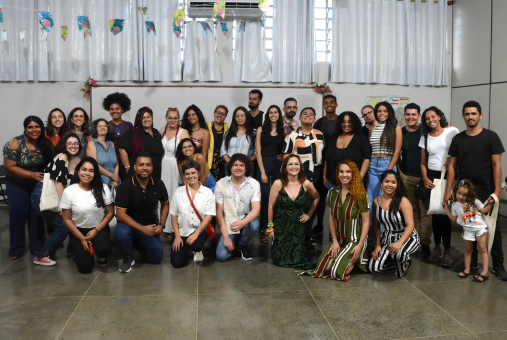
Ten local journalism organizations in Brazil’s five regions are participating in the Caravana project, run by the Brazilian Association of Investigative Journalism (Abraji). Local communities have been prominent in this process, which helps to establish a local sustainability network. LJR spoke with Coreto (Bahia) and Fala Roça (Rio de Janeiro) about participating in the project.
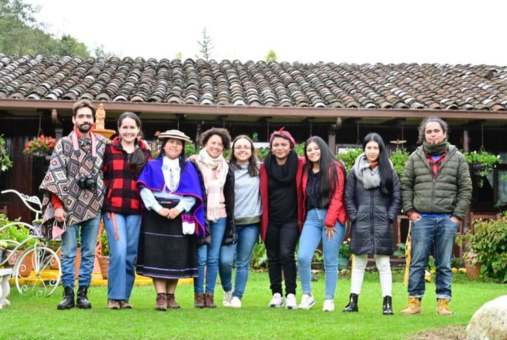
Red Tejiendo Historias, a project of digital media outlet Agenda Propia, is working on a security protocol for journalists and communicators reporting in Indigenous territories of Latin America. It’s based on two manifestos the network has written that call attention to risks they face when reporting.

The murder of a prominent nonbinary person in Mexico showed that most media in that country do not have protocols or tools to reflect the realities of this population in their stories. According to experts, beyond making good use of Spanish, journalism must reflect reality with precision, plurality and respect for human rights.

With interactive games, independent media outlets Cuestión Pública and Convoca, from Colombia and Peru, respectively, seek to bring the news to younger audiences, to contribute to greater media literacy and to present complex investigations in a playful way.

After an investigation, three Venezuelan journalists realized the best way to help journalism in Venezuela's Amazon region would be through a network that promotes collaboration and produces coverage that is conscious of both the environment and human rights.
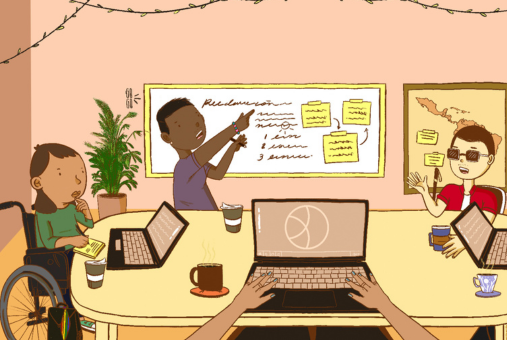
The Network for Diversity in Latin American Journalism held its third online conference, during which speakers from eight countries emphasized taking an intersectional approach on covering diversity issues. They also highlighted the need to provide outlets for multiple voices in reporting.

The Network for Diversity in Latin American Journalism (REDIPE in Spanish) is organizing the third Latin American Conference on Diversity in Journalism, a free online conference, on Oct. 20 and 21, 2023. The event will focus on five main topics focused on furthering diversity, equity and inclusion in the profession and coverage.
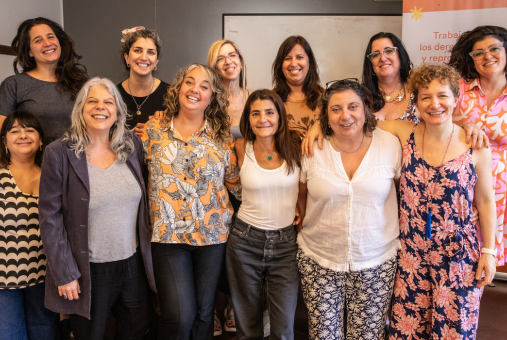
Four years after the appointment of Mariana Iglesias at the Argentine newspaper Clarín, gender editors are promoting changes in news coverage, working to consolidate their positions and facing unprecedented online violence. LatAm Journalism Review spoke with gender editors in four countries to understand the current status of these professionals in the region.